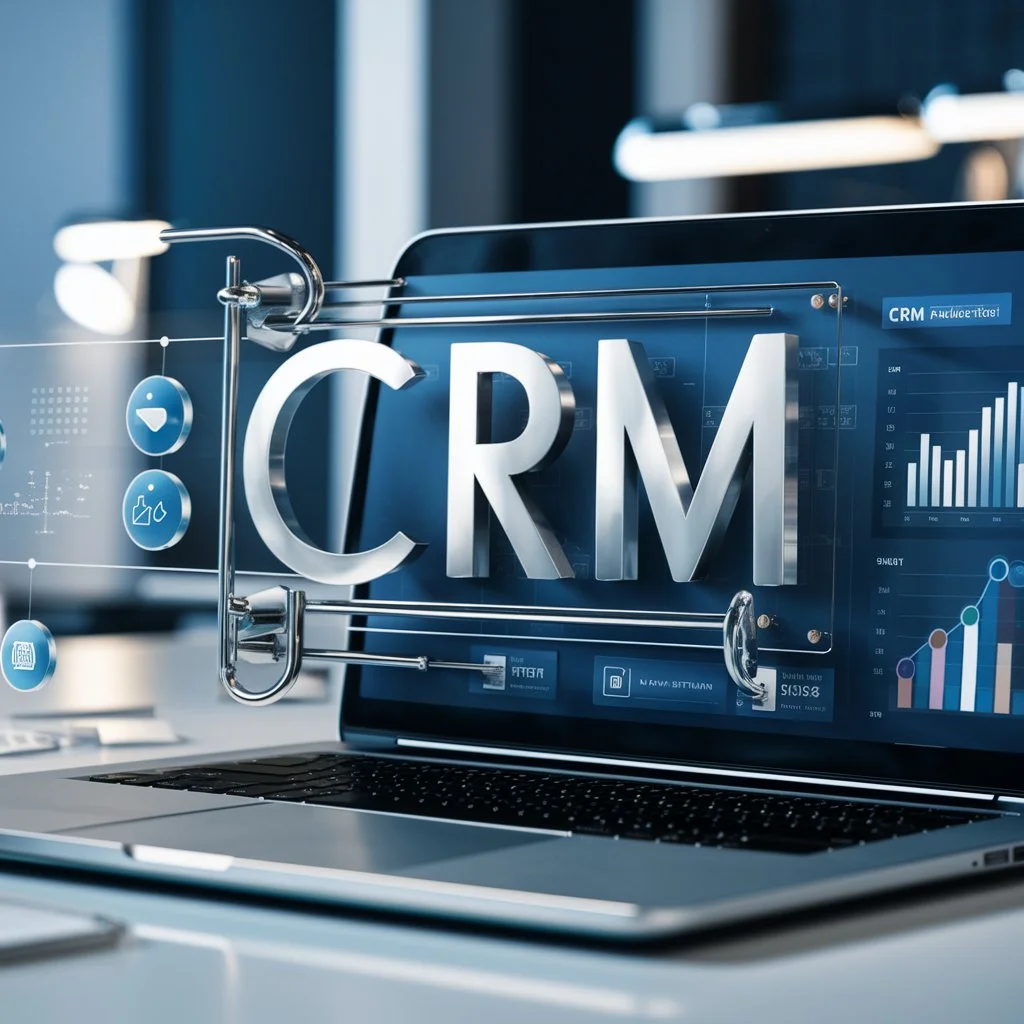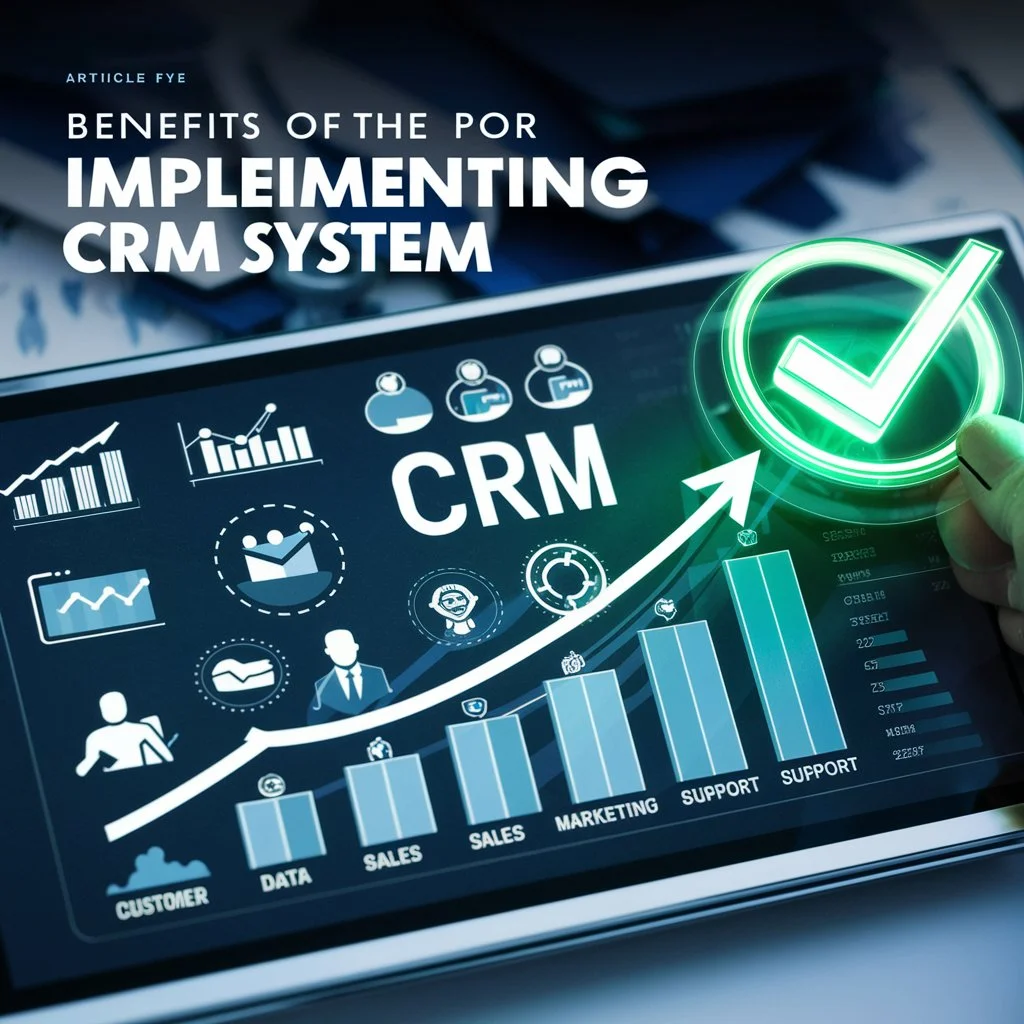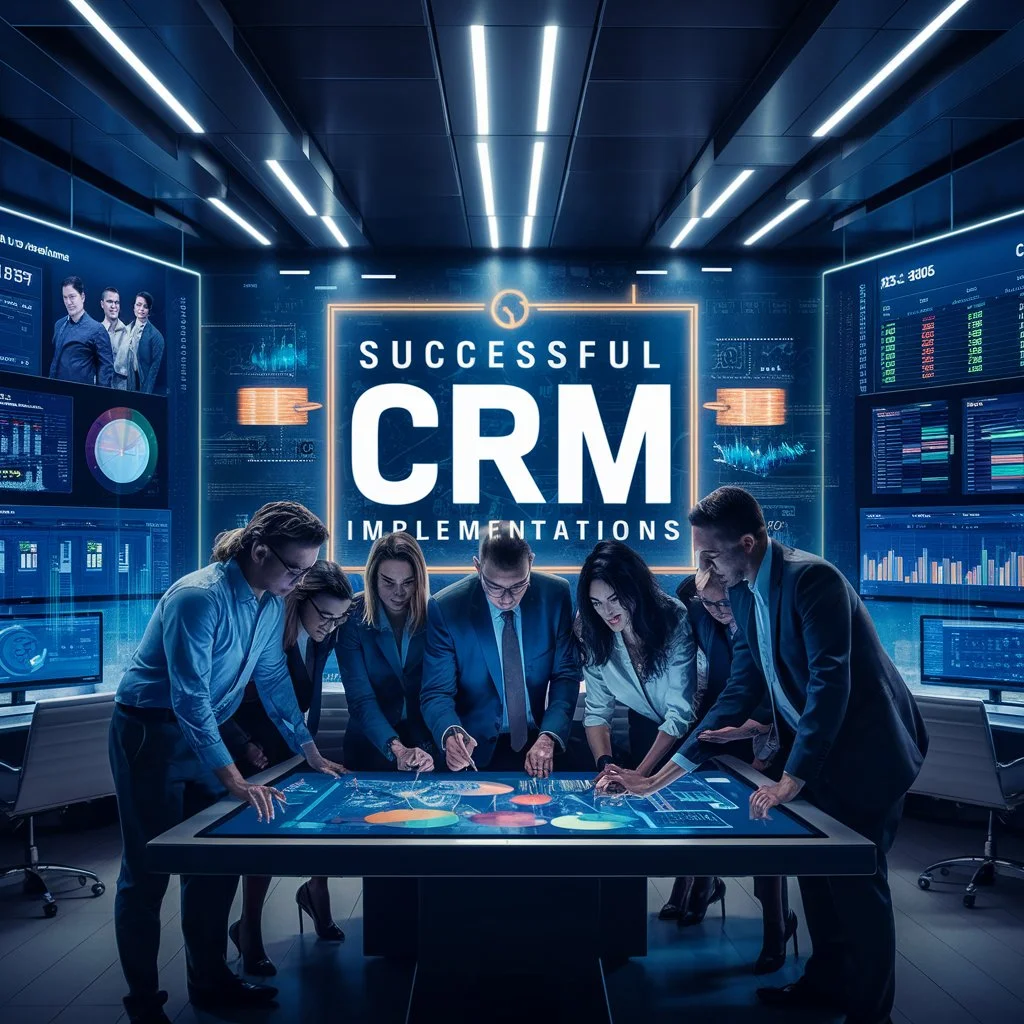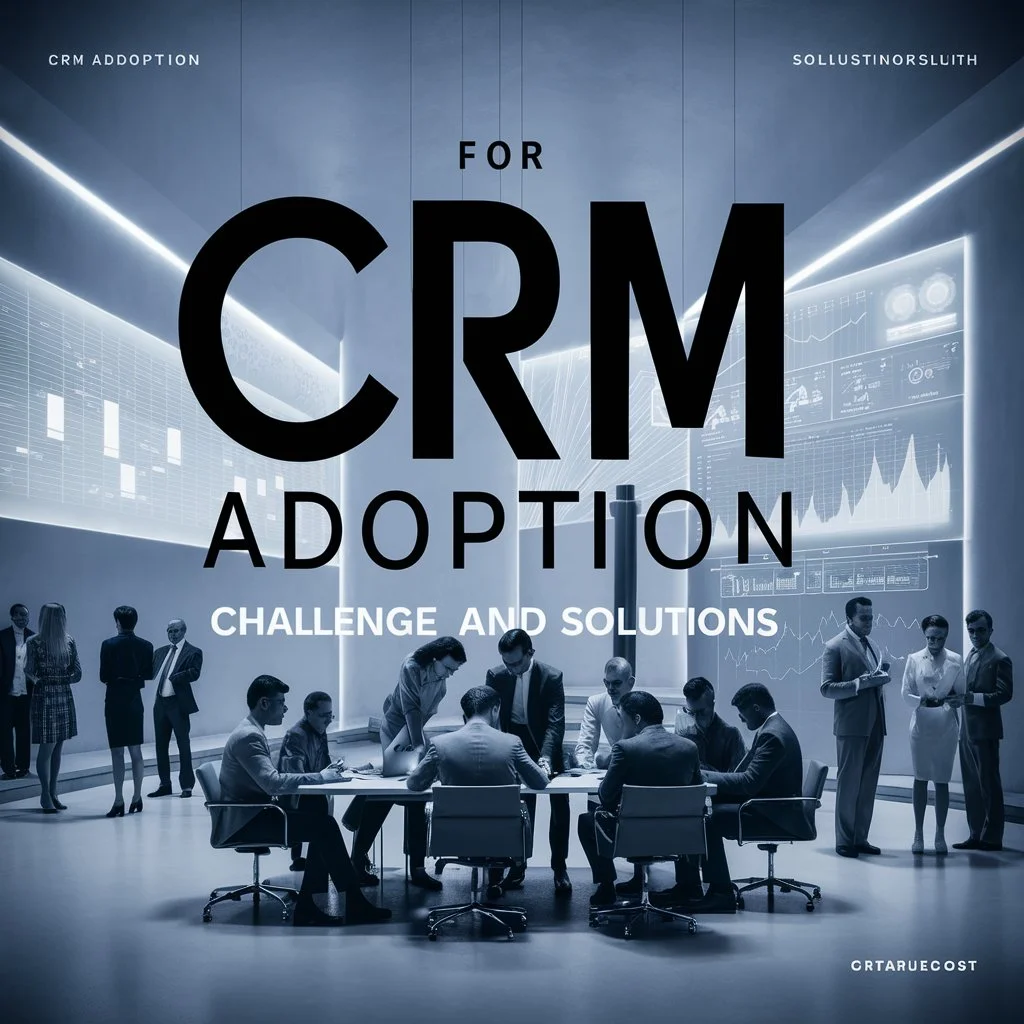Customer Relationship Management (CRM) has become the backbone of modern business strategies. With the rapid advancement of technology, CRM systems have evolved to offer more than just contact management.
They now encompass sales automation, marketing integration, customer service, and advanced analytics.
This comprehensive guide will explore how CRM systems are revolutionizing businesses, highlighting key features, benefits, emerging trends, and practical implementation strategies.
What is Customer Relationship Management (CRM)?

Definition
Customer Relationship Management (CRM) refers to the practices, strategies, and technologies that companies use to manage and analyze customer interactions and data throughout the customer lifecycle. The goal is to improve business relationships, assist in customer retention, and drive sales growth.
Historical Context
CRM systems have come a long way from the days of Rolodexes and spreadsheets. In the 1980s, the first CRM software was developed to manage customer information. The 1990s saw the introduction of contact management software, which evolved into Sales Force Automation (SFA) systems. By the early 2000s, the internet revolutionized CRM, making it accessible through cloud-based solutions.
Importance
CRM systems are crucial in today’s competitive market. They help businesses understand their customers better, streamline processes, and improve profitability. According to a study by Salesforce, CRM applications can increase sales by up to 29%, improve productivity by 34%, and forecast accuracy by 42%.
Key Features of Modern CRM Systems
Automation
Modern CRM systems automate various business processes, from sales and marketing to customer service. Sales automation includes lead scoring, follow-up reminders, and pipeline management. Marketing automation encompasses email campaigns, social media integration, and customer segmentation. Customer service automation features chatbots, ticketing systems, and knowledge bases.
Analytics and Reporting
Advanced analytics and reporting capabilities are at the core of modern CRM systems. They provide insights into customer behavior, sales performance, and marketing effectiveness. Businesses can create custom reports and dashboards to track key performance indicators (KPIs) and make data-driven decisions.
Integration
Integration with other business tools is essential for a seamless workflow. Modern CRM systems can integrate with email clients, accounting software, e-commerce platforms, and more. This ensures that all customer data is centralized and accessible across different departments.
Customization
Every business has unique needs, and modern CRM systems offer extensive customization options. From custom fields and modules to tailored workflows, businesses can adapt the CRM to fit their specific requirements. This flexibility ensures that the CRM system supports rather than hinders business processes.
Mobility
In today’s fast-paced business environment, having mobile access to CRM data is vital. Mobile CRM apps allow sales teams to update information on the go, access customer details, and stay connected with the office. This mobility enhances productivity and ensures that no opportunity is missed.
Benefits of Implementing CRM

Enhanced Customer Experience
CRM systems enable businesses to provide personalized experiences to their customers. By leveraging customer data, businesses can tailor interactions based on preferences, purchase history, and behavior. This personalization leads to higher customer satisfaction and loyalty.
Increased Efficiency
Automation of routine tasks reduces manual work and increases efficiency. Sales representatives can focus on selling rather than administrative tasks. Marketing teams can automate campaigns and track their performance in real-time. Customer service teams can resolve issues faster with automated ticketing and knowledge bases.
Better Data Management
Centralized data management ensures that all customer information is stored in one place. This eliminates data silos and provides a 360-degree view of the customer. Accurate and up-to-date data is crucial for making informed decisions and developing effective strategies.
Improved Sales Performance
CRM systems provide tools for tracking and managing the sales pipeline. Sales teams can prioritize leads, track progress, and forecast revenue accurately. According to a study by Harvard Business Review, companies that use CRM systems see a 41% increase in revenue per salesperson.
Stronger Customer Retention
CRM systems help businesses identify and address customer issues proactively. By monitoring customer interactions and feedback, businesses can take steps to improve satisfaction and prevent churn. A Bain & Company study found that increasing customer retention rates by 5% can increase profits by 25% to 95%.
Revolutionizing CRM Emerging Trends and Technologies
Artificial Intelligence (AI) and Machine Learning
AI and machine learning are transforming CRM systems by providing predictive analytics and AI-driven insights. These technologies analyze customer data to predict future behavior, identify trends, and suggest actions. For example, AI can recommend the best time to contact a lead or identify high-value customers.
Social CRM
Social CRM integrates social media channels with traditional CRM systems. This allows businesses to engage with customers on platforms like Facebook, Twitter, and LinkedIn. Social CRM provides insights into customer sentiment, helps in managing social media interactions, and tracks the impact of social campaigns.
IoT (Internet of Things)
The Internet of Things (IoT) is revolutionizing CRM by providing real-time data from connected devices. For instance, a smart thermostat can send data about usage patterns, which can be used to offer personalized services or maintenance reminders. IoT data enriches CRM systems with valuable insights into customer behavior.
Voice and Chatbots
Voice assistants and chatbots are enhancing customer service by providing instant responses to queries. Integrating voice recognition technology with CRM allows customers to interact with systems using natural language. Chatbots can handle routine inquiries, freeing up human agents for more complex issues.
Blockchain
Blockchain technology ensures data security and transparency in CRM systems. It provides a decentralized way of storing and managing customer data, reducing the risk of data breaches. Blockchain also enables secure and transparent transactions, enhancing trust between businesses and customers.
Case Studies Successful CRM Implementations

Company A: Streamlining Sales Processes
Overview: A mid-sized manufacturing company struggled with managing its sales pipeline.
Challenges: Disorganized customer data, missed follow-ups, and low sales productivity.
CRM Solution: Implemented Salesforce CRM with sales automation features.
Results: Increased sales productivity by 30%, improved follow-up rates, and achieved a 25% growth in revenue.
Company B: Enhancing Customer Service
Overview: An e-commerce retailer faced challenges in managing customer inquiries and support tickets.
Challenges: High volume of customer queries, delayed responses, and low customer satisfaction.
CRM Solution: Deployed Zendesk CRM with integrated ticketing and chatbot features.
Results: Reduced response time by 40%, increased customer satisfaction scores by 20%, and streamlined support operations.
Company C: Driving Marketing Efficiency
Overview: A software company needed to optimize its marketing campaigns.
Challenges: Low engagement rates, ineffective targeting, and high campaign costs.
CRM Solution: Adopted HubSpot CRM with marketing automation capabilities.
Results: Improved email open rates by 35%, increased lead conversion by 50%, and reduced marketing costs by 20%.
Choosing the Right CRM for Your Business
Assessing Needs
Before selecting a CRM, businesses should assess their specific needs. Consider factors like the size of the company, the complexity of sales processes, and the level of customer interaction. Conducting a needs assessment helps in identifying the features and functionalities required.
Budget Considerations
CRM systems come in various pricing models, from subscription-based cloud solutions to on-premises installations. Businesses should evaluate the cost versus benefits and choose a solution that fits their budget. It’s important to consider not just the initial cost but also ongoing maintenance and support expenses.
Vendor Comparison
When choosing a CRM vendor, consider factors like reliability, customer support, and ease of use. Compare different vendors based on their offerings, customer reviews, and industry reputation. Conducting demos and trials can help in making an informed decision.
Implementation Strategy
A well-planned implementation strategy is crucial for the success of a CRM project. This includes defining objectives, involving key stakeholders, and ensuring proper training for users. A phased rollout can help in managing the transition and minimizing disruptions.
Common Challenges and Solutions in CRM Adoption

User Adoption
One of the biggest challenges in CRM adoption is getting users to embrace the new system. To encourage user adoption, provide comprehensive training, highlight the benefits, and involve users in the implementation process. Gamification and incentives can also motivate users to engage with the CRM.
Data Quality
Ensuring accurate and clean data is vital for the effectiveness of a CRM system. Implement data validation rules, conduct regular data audits, and encourage users to maintain data hygiene. Using data cleaning tools can help in identifying and correcting errors.
Integration Issues
Integrating a CRM system with existing tools and platforms can be challenging. To overcome integration issues, choose a CRM with robust API capabilities and work with experienced integration partners. Conduct thorough testing to ensure seamless data flow between systems.
Scalability
As businesses grow, their CRM needs may change. It’s important to choose a CRM system that can scale with the business. Look for solutions that offer flexible pricing plans, customizable features, and the ability to handle increased data volumes and user counts.
The Future of CRM: What to Expect
Advancements in AI
AI will continue to advance, providing deeper insights and more accurate predictions. Expect to see more AI-driven features in CRM systems, such as automated customer segmentation, personalized recommendations, and intelligent chatbots.
Enhanced Personalization
The future of CRM lies in hyper-personalization. Businesses will use CRM data to create highly personalized customer experiences. This includes personalized marketing messages, tailored product recommendations, and individualized customer support.
Omnichannel Experiences
Customers expect seamless interactions across all channels, whether online or offline. Future CRM systems will offer omnichannel capabilities, allowing businesses to manage customer interactions across email, social media, chat, phone, and in-person.
Data Privacy and Compliance
With increasing data privacy regulations, CRM systems will need to adapt to ensure compliance. Expect to see more robust data protection features, such as encryption, access controls, and audit trails. Businesses will need to stay updated on regulations like GDPR and CCPA to avoid penalties.
Conclusion
CRM systems are revolutionizing the way businesses manage customer relationships. By leveraging automation, analytics, and emerging technologies, companies can enhance customer experiences, increase efficiency, and drive growth. As CRM continues to evolve, staying ahead of trends and adopting best practices will be key to success.
Additional Resources
- Further Reading: Salesforce’s Guide to CRM
- Case Studies: HubSpot Customer Success Stories
- Tools and Software Recommendations: Top CRM Tools for 2024

I’m Justin Taylor, your go-to guide at “Go Hawaii US.” I’ve been soaking in the colors and stories of Hawaii for a while now, and I want you to join me on this fantastic journey. At Go Hawaii US, we’re all about making your Hawaiian adventure unforgettable. It’s not just a guide; it’s like turning information into a real, vibrant experience. Come along, and let’s explore the wonders of Hawaii together!











